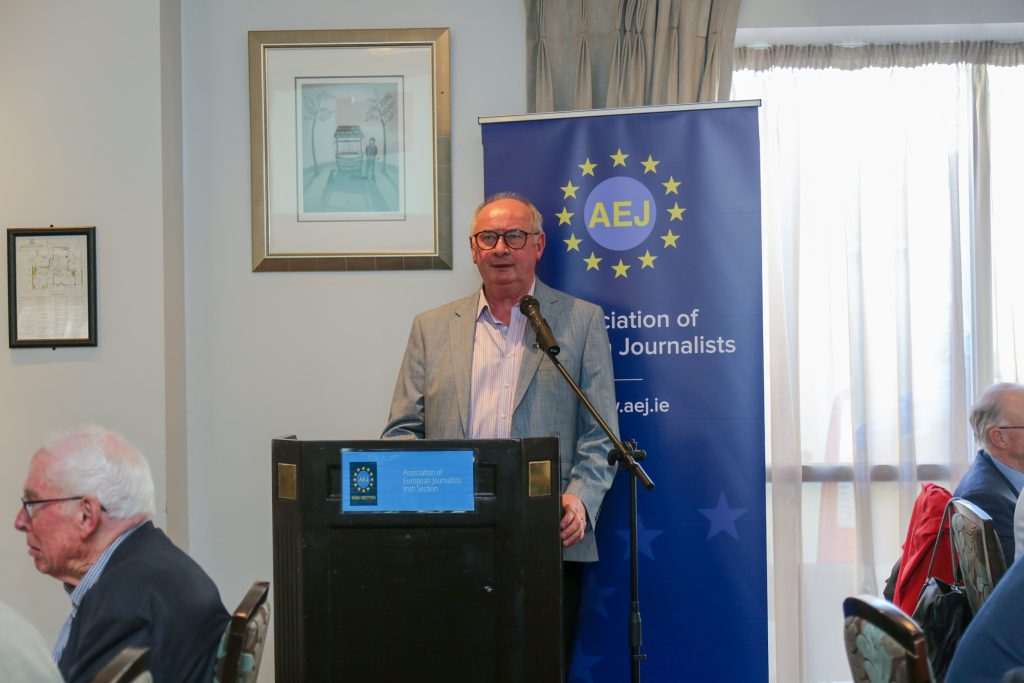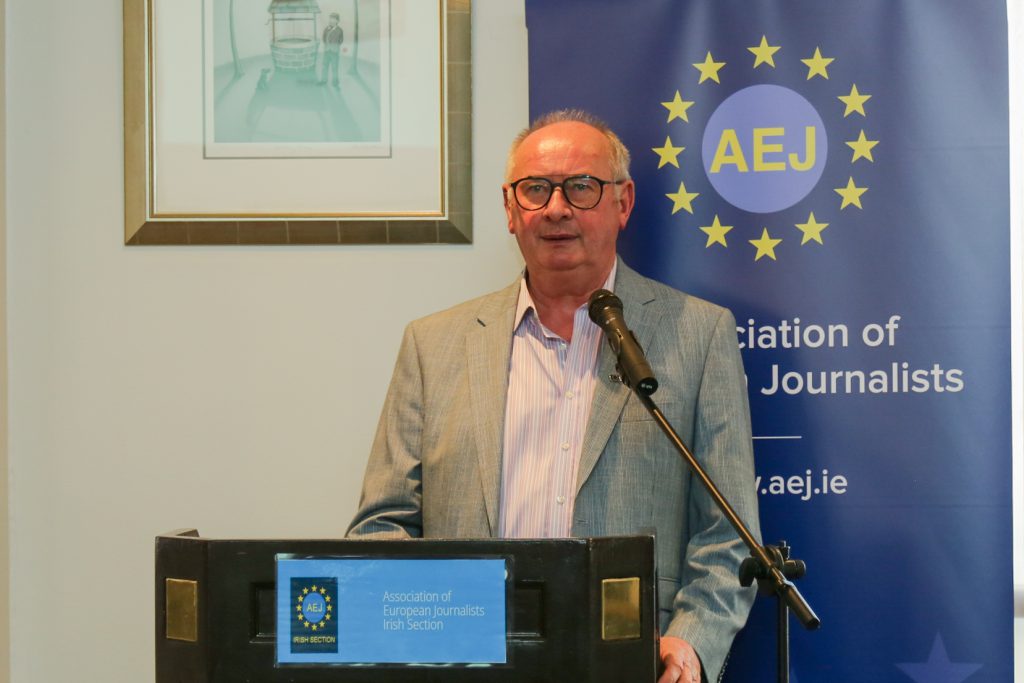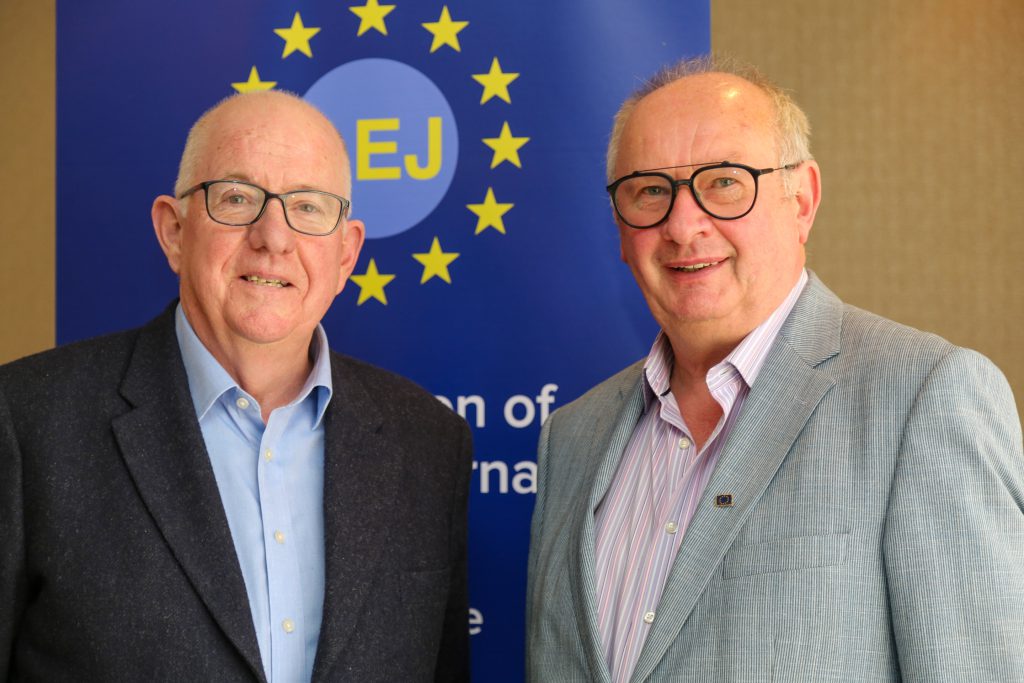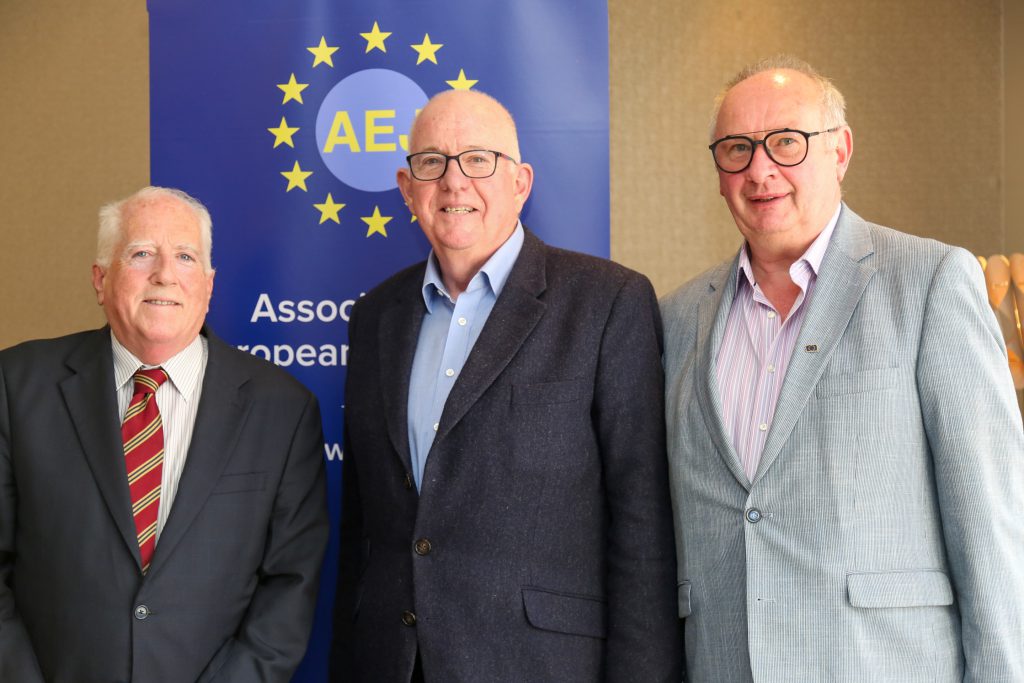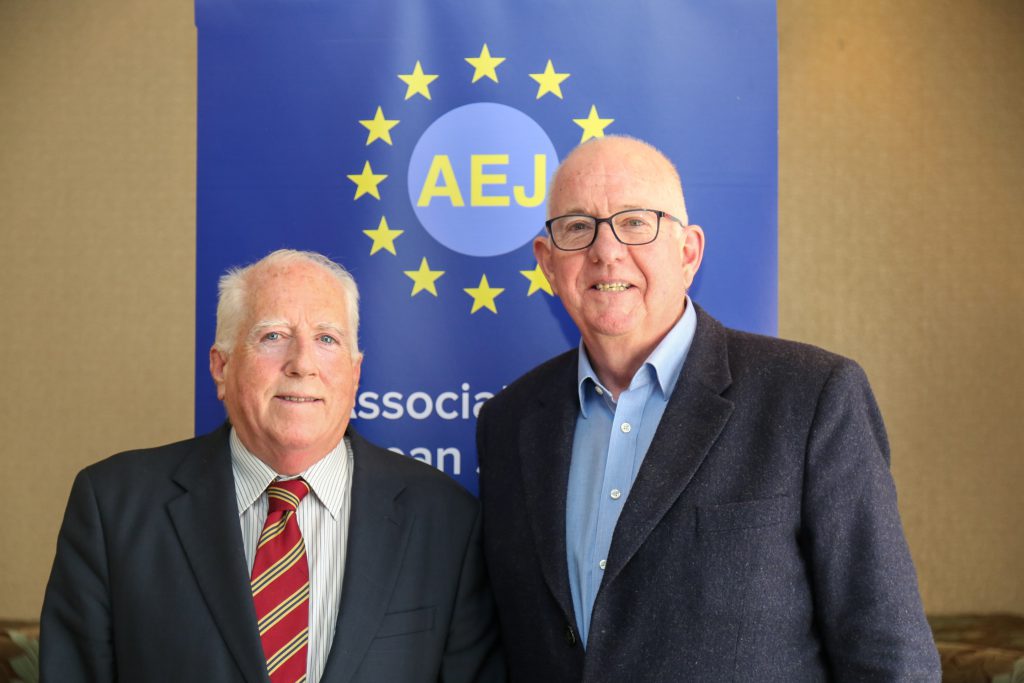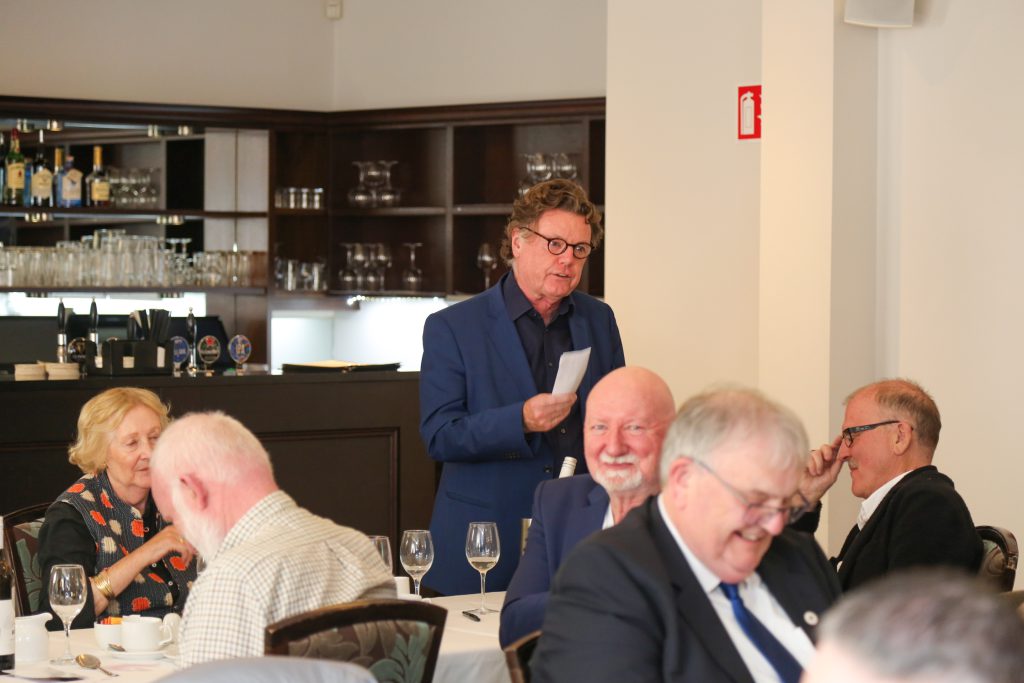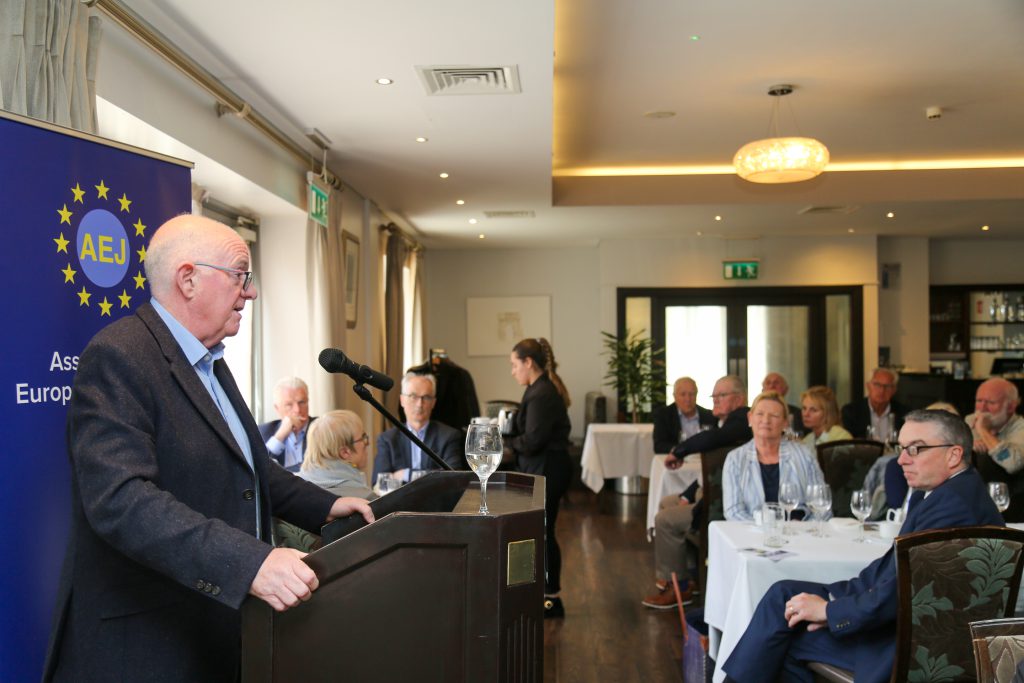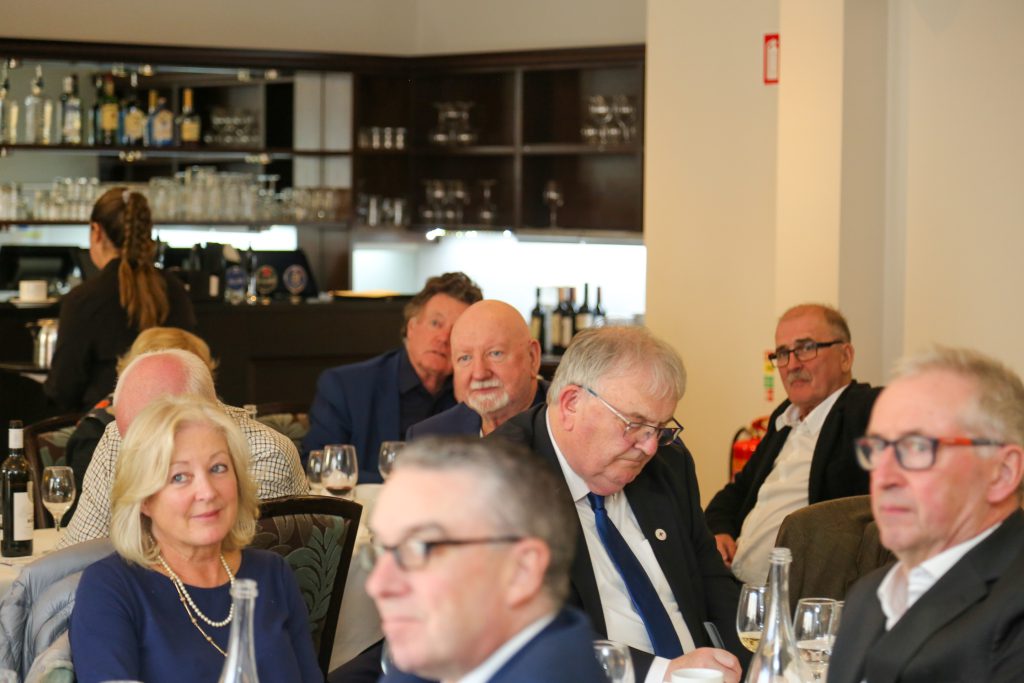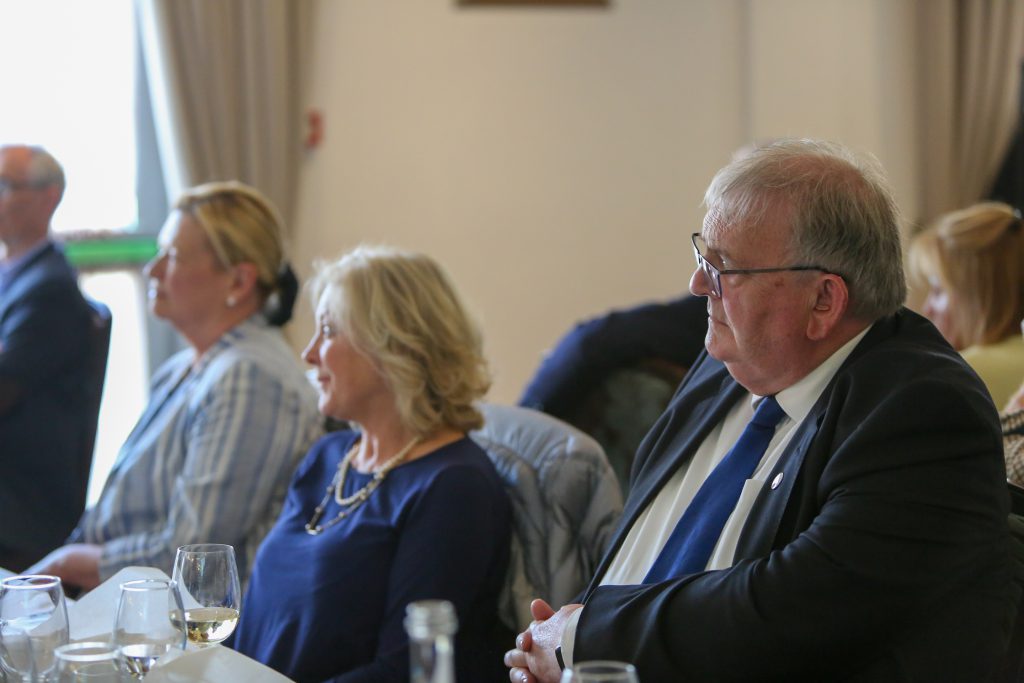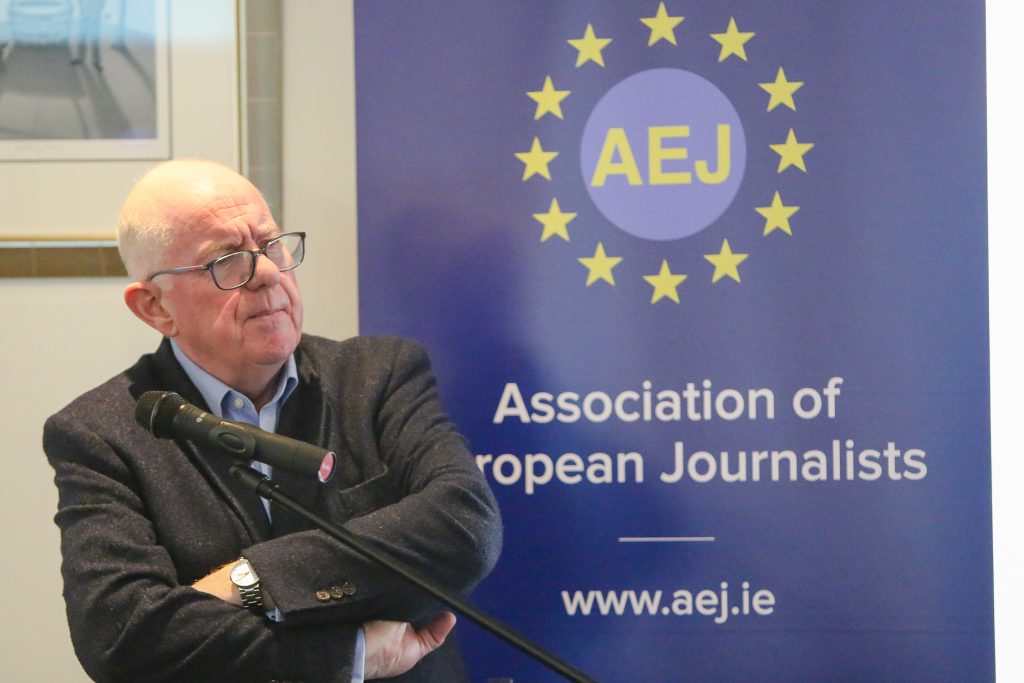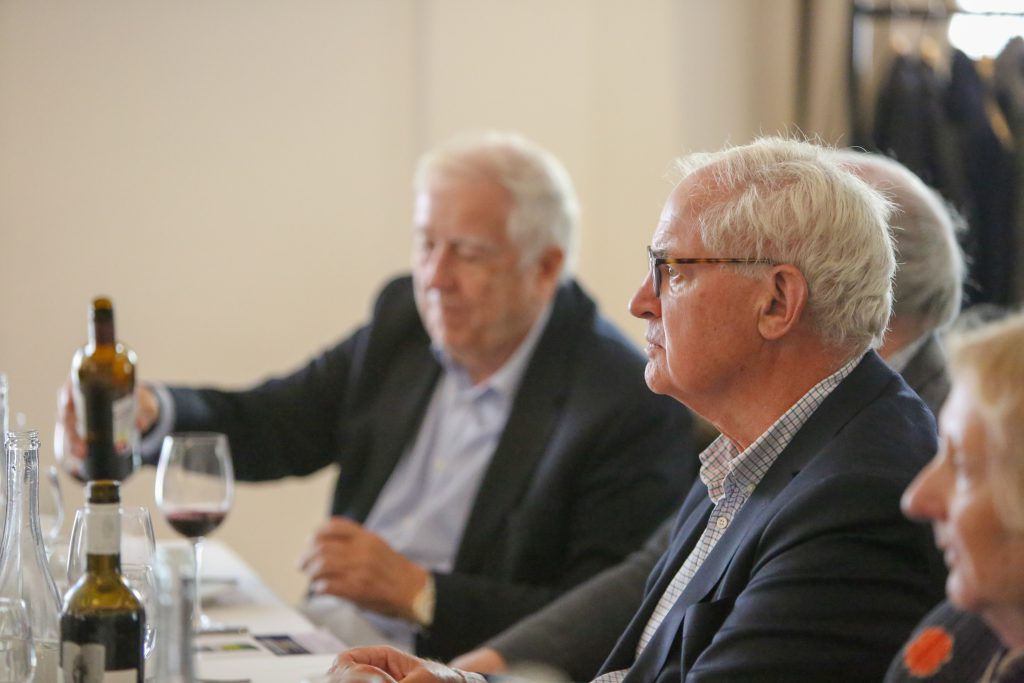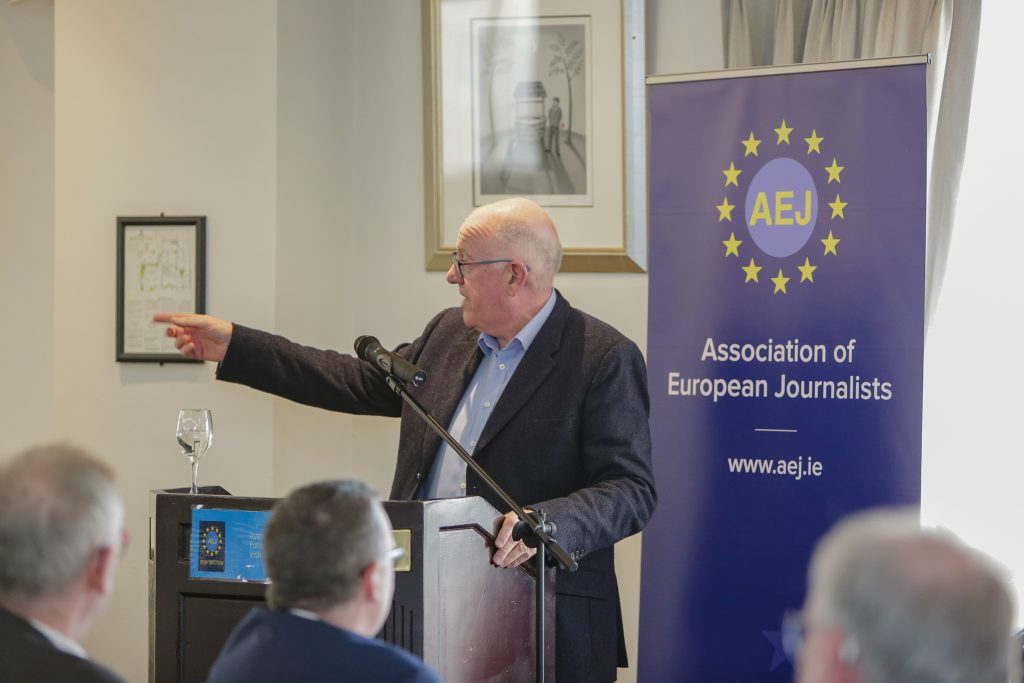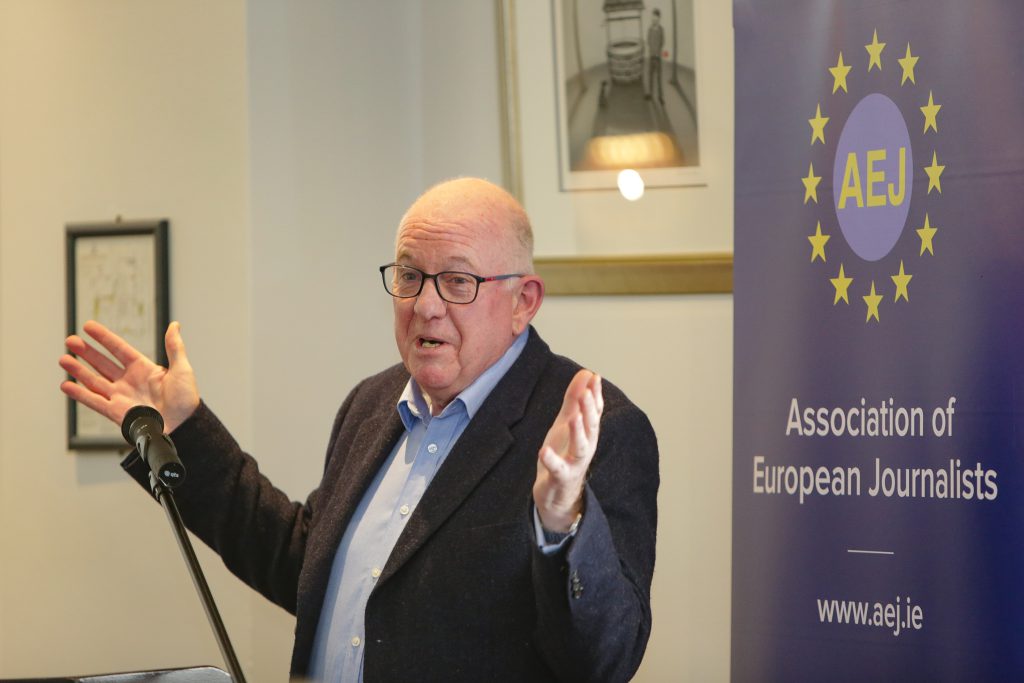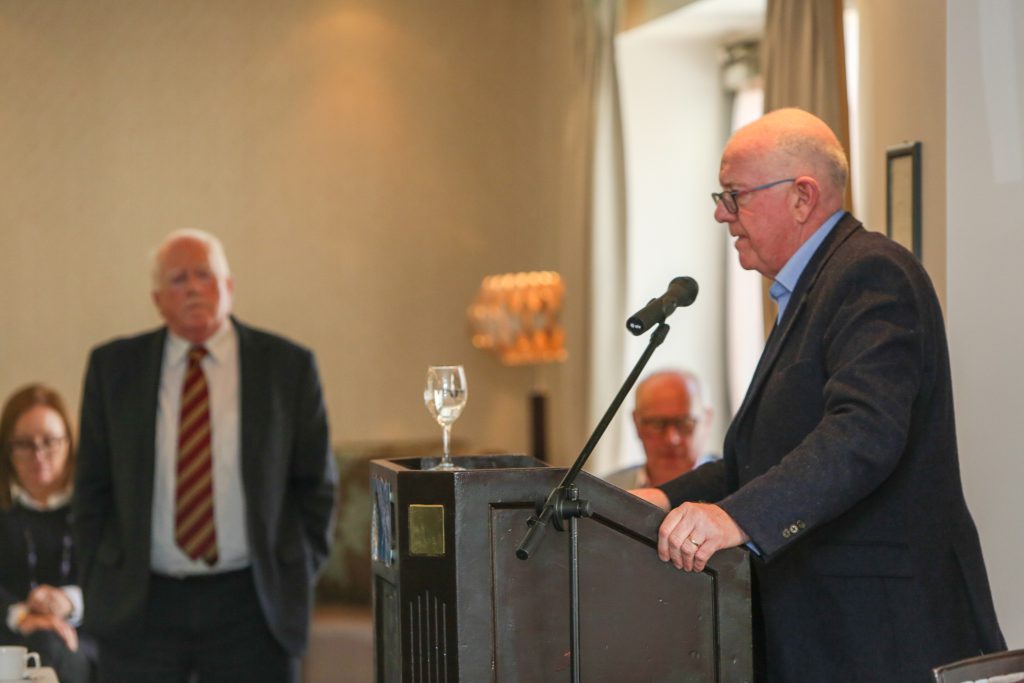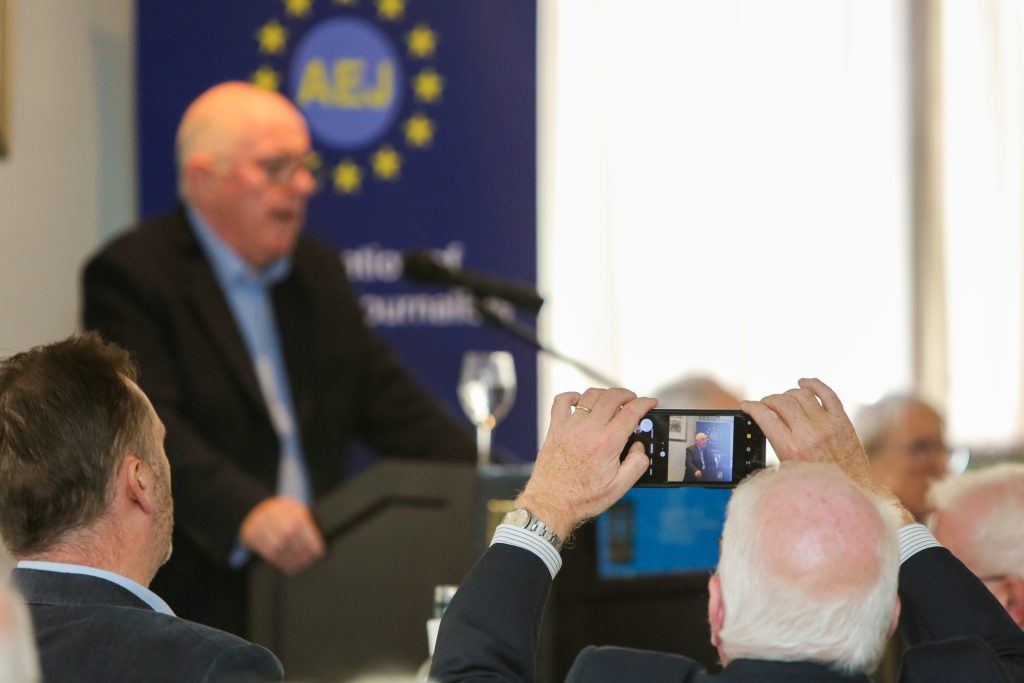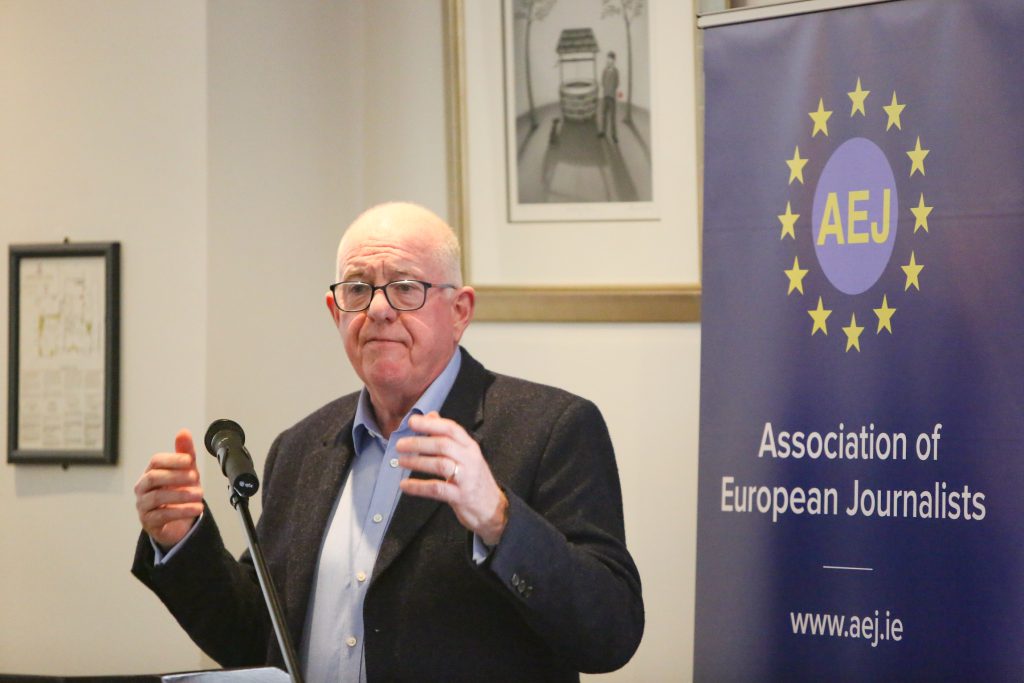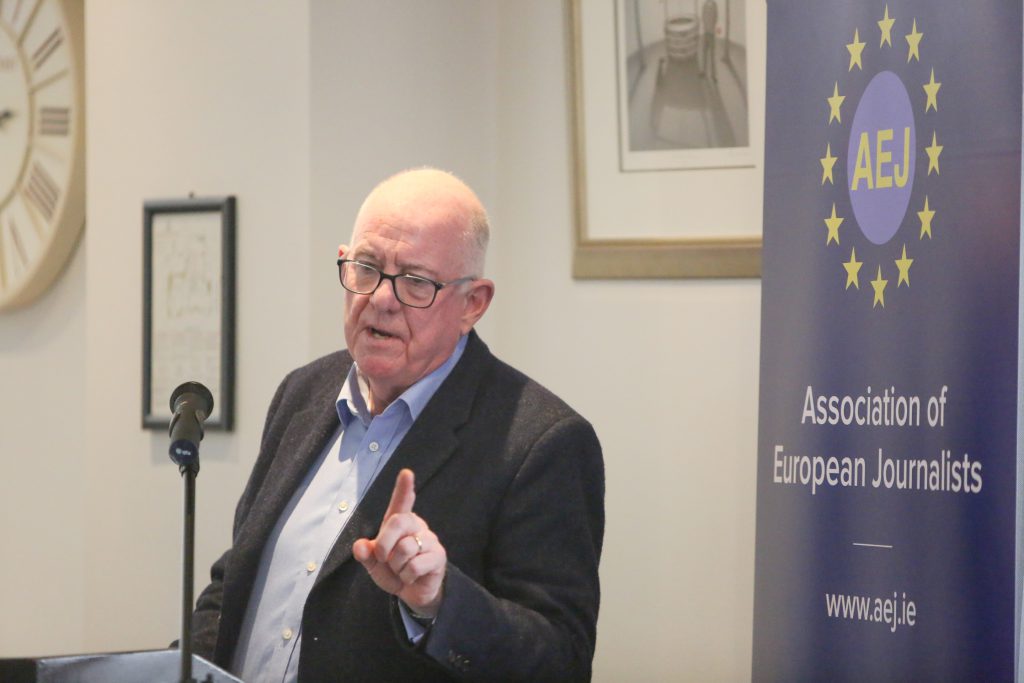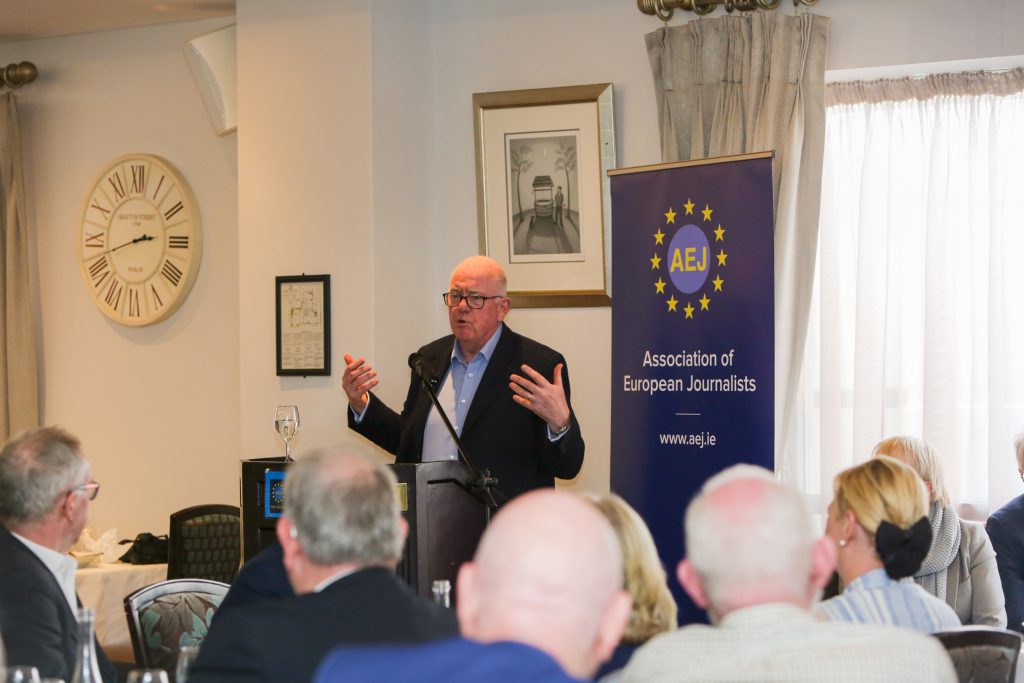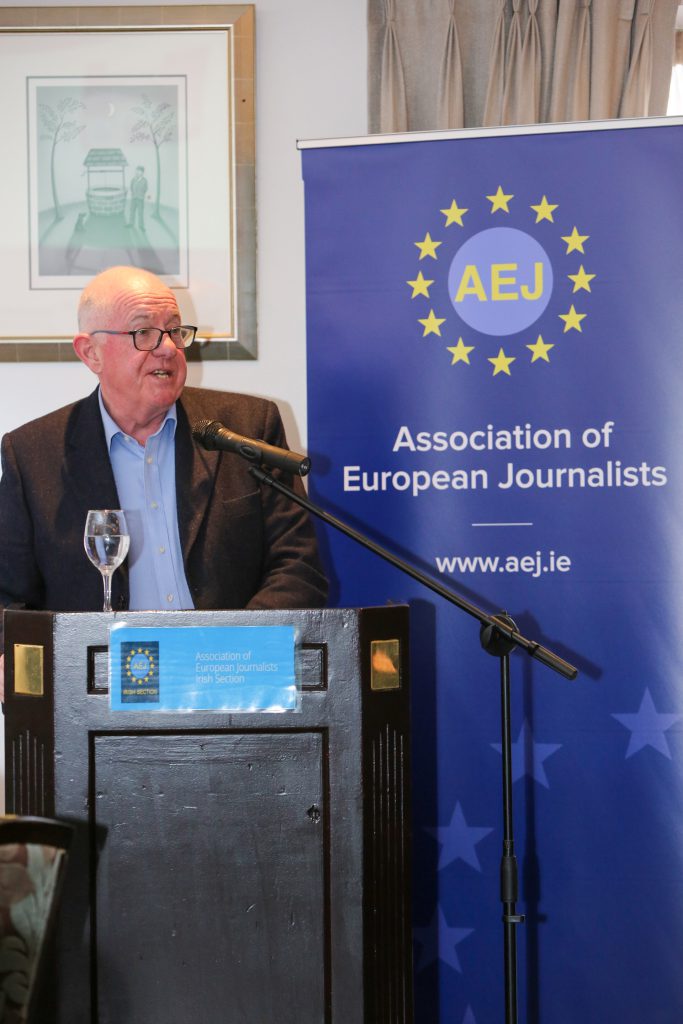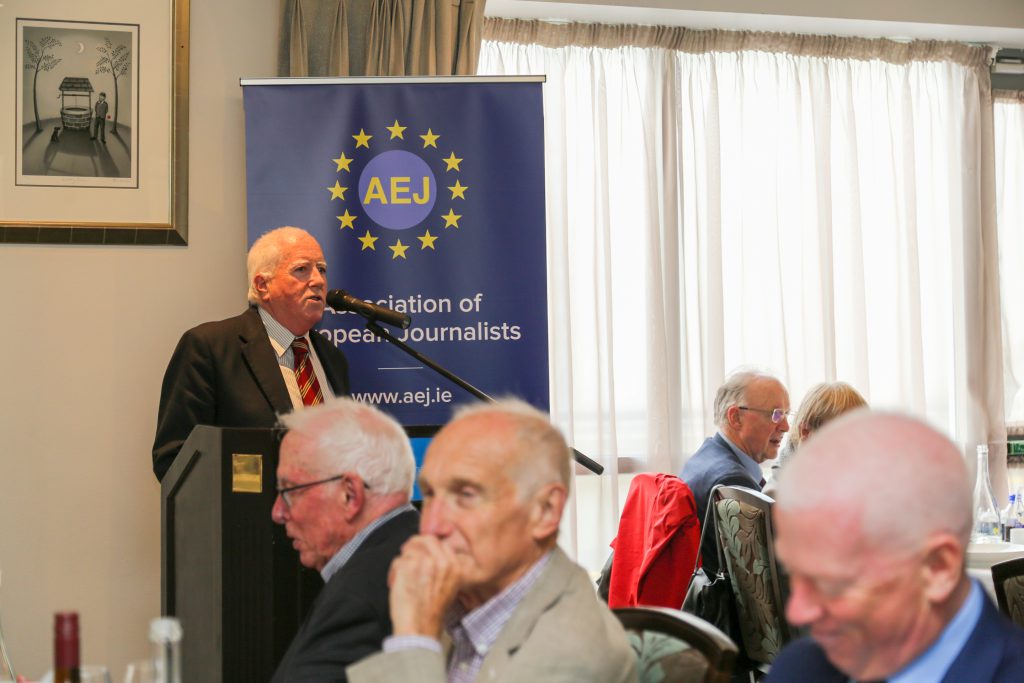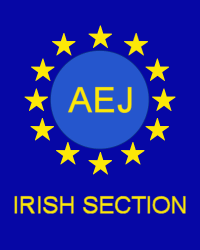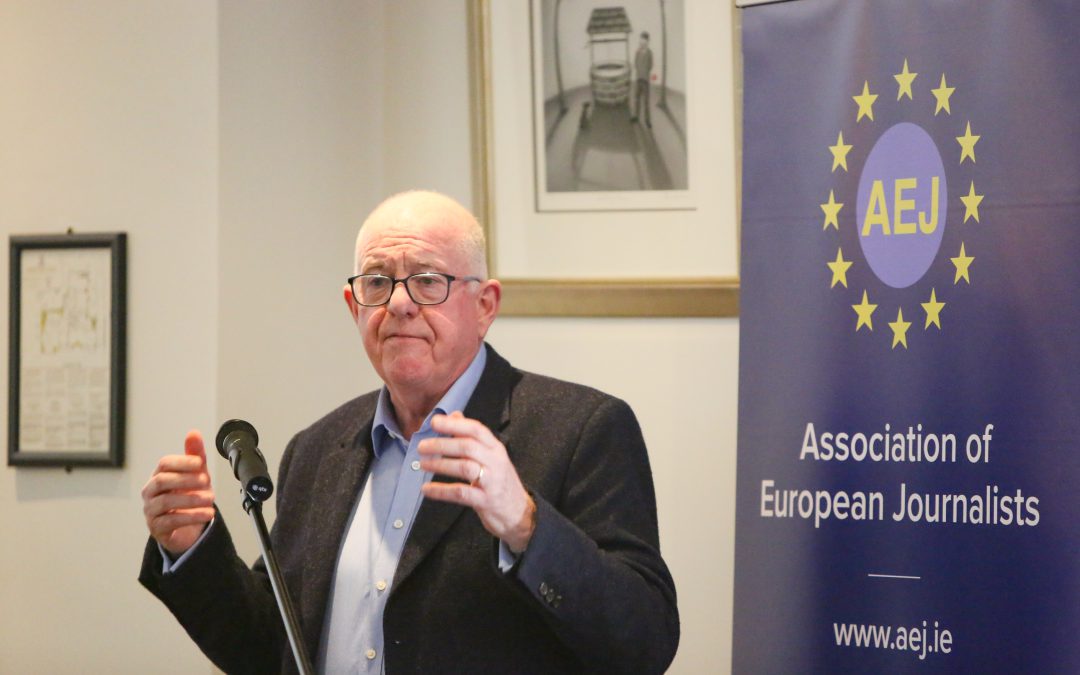Friday, 13th October, 2023
Grand Canal Hotel, Dublin
I inherited my father’s seat. I am part of one of these dreadful dynasties Irish politics is noted for; but I can say from my own perspective it was never really like that. It wasn’t inheriting the seat – it wasn’t an easy process – there wasn’t a seamless transfer of authority in Laois/Offaly from my father to myself although I have to acknowledge if it wasn’t for his work and indeed his name I probably would never have been elected. I often felt in politics there are two early rules to get elected. First, is to be known and the second is to be reasonably liked and he was known and liked in the constituency.
Now that I have decided to officially hang up my boots, I can unburden some of the niceties that politicians must have in terms of their engagement with their electorate. My father and indeed myself were different in Irish policies insofar as we had no engagement in 1916, no engagement in the Civil War. In fact my father was an apprentice carpenter who was elected to the Dáil before his apprenticeship was ever completed and in fact, I know from facts within my own knowledge, that he would have been a very poor carpenter because he wasn’t able to hang a picture on a wall.
His father was a stone mason which, in the early years of the 20th century, was a very good job. He worked on the Great Southern Railway and thereafter CIE repairing and building bridges. He was quite talented in that regard. His wife, my grandmother, was a homemaker as most of the women in Mountmellick were but they had no involvement in any aspects of the nationalist movement at the time.
AGITATOR
My father was more of an organiser, an agitator, as he described himself. He was described in 1942 in the Council elections as an organiser; when he was a teenager he wrote letters to De Valera for and on behalf of the people of Laois and Offaly saying that they were disadvantaged and the need for investment from the State. My mother on the other hand was from farming stock and they were Home Rulers in South Laois. They were quite happy with the commitments that were given in the early years of the 20th century for Home Rule. They believed it was important but not of sufficient importance that they would take up arms and support the people of 1916. In my constituency, the 1918 general election is very much of a controversial event.
SHARED ISLAND
I would see myself as being in the more parliamentary party tradition. My work in Northern Ireland actually as Minister of Foreign Affairs I was always conscious of that and I still believe strongly now in the need for support for what Michéal Martin is doing in terms of shared island. I think that is the way forward. I don’t believe in early Border polls, I don’t subscribe to the language around that because I believe what we must do is to protect and nurture the Irish identity in Northern Ireland but at the same time acknowledge what is an often neglected British identity across the island of Ireland.
There is an onus on nationalism to be more generous in terms of the direction of the Island and I don’t see that, and I don’t hear it; and it concerns me because I think the dominant voice of nationalism in Ireland now is unification, border poll, timeframes. Few seem to be looking at how best, in the first instance, we can make Northern Ireland work. I do believe that both traditions are deserving of a full recognition and I don’t see that happening.
BRITISH RELATIONS
One issue of some concern to me is the deterioration of the relations between Britain and Ireland, particularly over the last number of years. We can all remember the now heady days of the visit of Queen Elizabeth and there is certainly the visit to the Albert Hall by Michael D Higgins and I have to say since then things have deteriorated in a way that is less than satisfactory.
Europe was built on bringing people together from different traditions and different cultures and different nations, bringing them together, to amplify and solidify what we have in common and then Brexit did the exact opposite. It sundered people, it pulled people apart and I believe that was particularly damaging to Ireland. We are now an island behind an island that is not a member of the European Union.
CENTENARIES
I was a member of that Government involved in the Decade of Centenaries. While we were particularly sensitive to ensure that the Commemorations was held in a way that was not offensive to anybody, I think one consequence of it was that it reactivated what was probably a latent republicanism or a latent ultra nationalism in Ireland which we now see from the time; Up the Ra and other similar type slogans that are now taken for granted in a way that, you know, perhaps 20 or 30 years ago they wouldn’t be tolerated.
I think if we look back at the last 50 years one would have to say that former British Prime Minister Tony Blair perhaps, more than anyone else, was the stand out politician in terms of Anglo Irish relations. The chemistry between Blair and Bertie Ahern was hugely important and hugely influential in bringing in the Good Friday Agreement.
I don’t believe there was or is now a sufficient understanding on the part of the Tory Party to deal with Northern Ireland nor indeed is there an understanding on the part of the Tory Party of the open wound, of the level of trauma that is across Northern Ireland. I think we here in Dublin can help in that understanding by ensuring that we have good relations between ourselves and the British.
NATO
I was struck as Minister for Foreign Affairs and even since in more recent times as Chairman on various committees at the solidarity among Nordic nations; the relations between Denmark and Norway and Sweden and Finland are quite striking. If we look at the Finnish referendum on joining NATO. I asked the Finnish Minister for Foreign Affairs how did that happen, He said the first thing we did was we rang Sweden; we asked them what they going to do and how they were going to do it and the first thing that they did was they rang the Norwegians and they all rang the Danes and they all worked together and it was open disclosure as to how it was going to be done and it was done in a way that I think we here in Ireland would not be in a position to do because we don’t have that level of relationship with our neighbours and I think that is sad.
I think particularly post Brexit we don’t at intergovernmental level for example have any summit between the Taoiseach and the British Parliament. We have many features of the Good Friday Agreement, some of which remain unimplemented.
I know from my own experience that David Cameron was in Dublin a handful of times; his successor Theresa May was here once I think, or maybe twice and I don’t think stayed overnight. Her successor Boris Johnson was never here as Prime Minister and showed absolutely no interest in Northern Ireland. His successor Liz Truss again never here. I don’t think she was here as Foreign Secretary either and sadly the new Prime Minister Rishi Sunak has not seen a visit by himself as British Prime Minster to a neighbouring Government as important.
VICTIMS
It is wrong to have a blanket immunity from prosecution and if the British Government believe that the victims are going to move on, well then I note from my own experience that is just not going to happen. I don’t believe victims are looking for punishment; I don’t believe they are looking for any form of retribution. I don’t believe in many cases they are looking for any prosecutions. What they are looking for is the truth and I think they are entitled to that.
I don’t believe that we are going to be in a position to act, you know, in a mature and cooperative way unless we have acknowledgements, apologies and reparations, I think they are all part of concrete resolutions and I think sadly we are a long way from that.
(Edited transcript of recording of Charlie Flanagan’s unscripted address made by AEJ)
